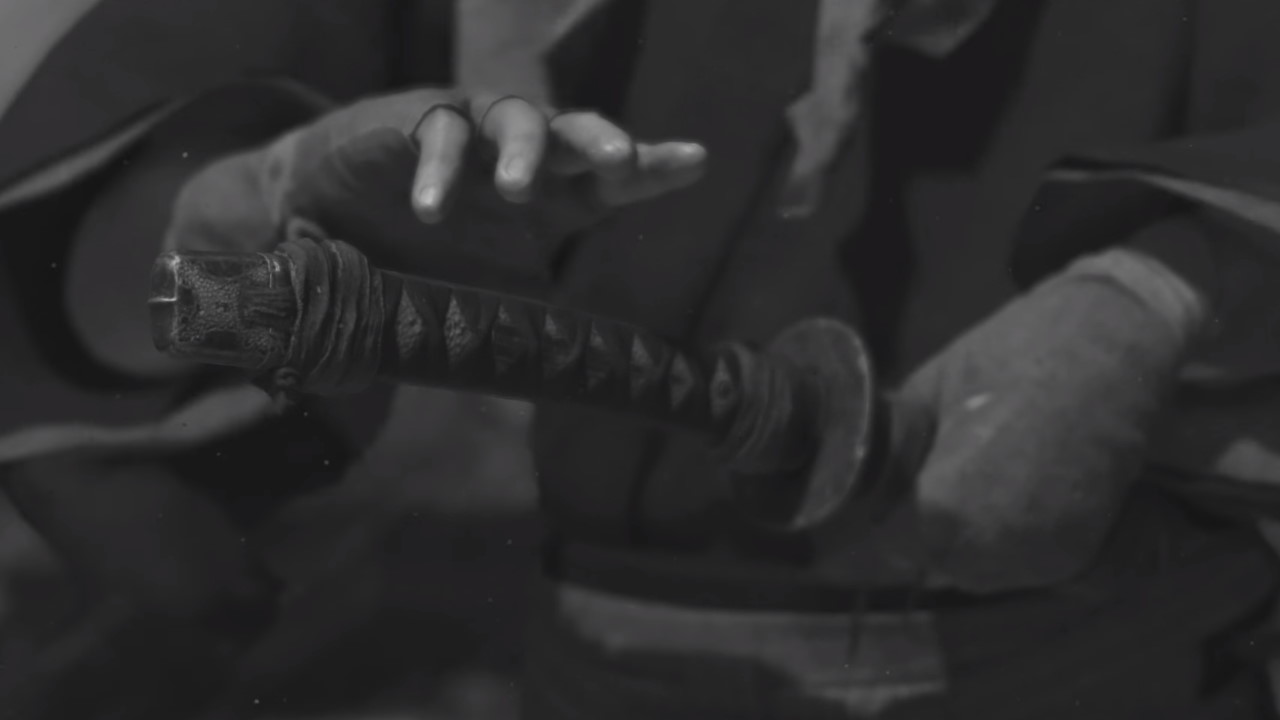Ghost of Tsushima Kurosawa Mode explained: How it changes the game and why
The director's estate is officially on board

Ghost of Tsushima Kurosawa Mode takes the game even closer to its cinematic inspiration of samurai cinema, and yes, that really is its official name.
In a new interview with Entertainment Weekly, the pair of creative directors behind Ghost of Tsushima explained how the game's Kurosawa Mode came to be, what it does, and how they specifically got approval from the late director's estate to call it that. If you aren't familiar, Akira Kurosawa was one of the most influential directors of the 20th century whose filmography spans multiple genres, though in the west he's best known for samurai epics such as Seven Samurai and Sanjuro.
Sucker Punch's Nate Fox cited both films as major influences for Ghost of Tsushima, with Sanjuro's climactic duel directly informing the standoff system players can use to challenge enemies one-on-one. The studio wanted to pay direct visual tribute to Kurosawa's black-and-white films with an optional visual mode.
"We have this great game that transports people back to feudal Japan and Akira Kurosawa was one of our reference guides, especially early on about how we wanted it to feel," Jason Connell explained.
"As we got closer and closer to making that a reality, we were like, 'What do we call this special mode that we created, this black-and-white throwback?' We threw out a bunch of different words and we thought, 'What would be awesome would be if we could call it Kurosawa Mode.' In order to do that, we felt that we needed to reach out to the estate and see if that's something they'd be interested in. We sent a short video showing what it generally looks like, what it feels like."
Apparently the estate was pleased, because Kurosawa Mode is in the game. Connell said it wasn't just a standard black-and-white filter, either - he analyzed scenes from samurai films to see how dark the blacks were and how bright the whites were in a range of time-of-day and weather conditions, then replicated that in the game. On top of that, Kurosawa Mode adds a film grain effect to the display, and it even alters the audio so it sounds more like an old recording using '50s technology. Oh, and the wind is stronger in Kurosawa Mode, because Kurosawa loved some good wind.
So, Ghost of Tsushima is a 2020 game that can look and sound like a '50s movie as it tells a story set in 13th century Japan. I'm even more excited now.
Sign up to the GamesRadar+ Newsletter
Weekly digests, tales from the communities you love, and more
Learn more about Ghost of Tsushima's inspiration in our interview with Nate Fox.
I got a BA in journalism from Central Michigan University - though the best education I received there was from CM Life, its student-run newspaper. Long before that, I started pursuing my degree in video games by bugging my older brother to let me play Zelda on the Super Nintendo. I've previously been a news intern for GameSpot, a news writer for CVG, and now I'm a staff writer here at GamesRadar.



